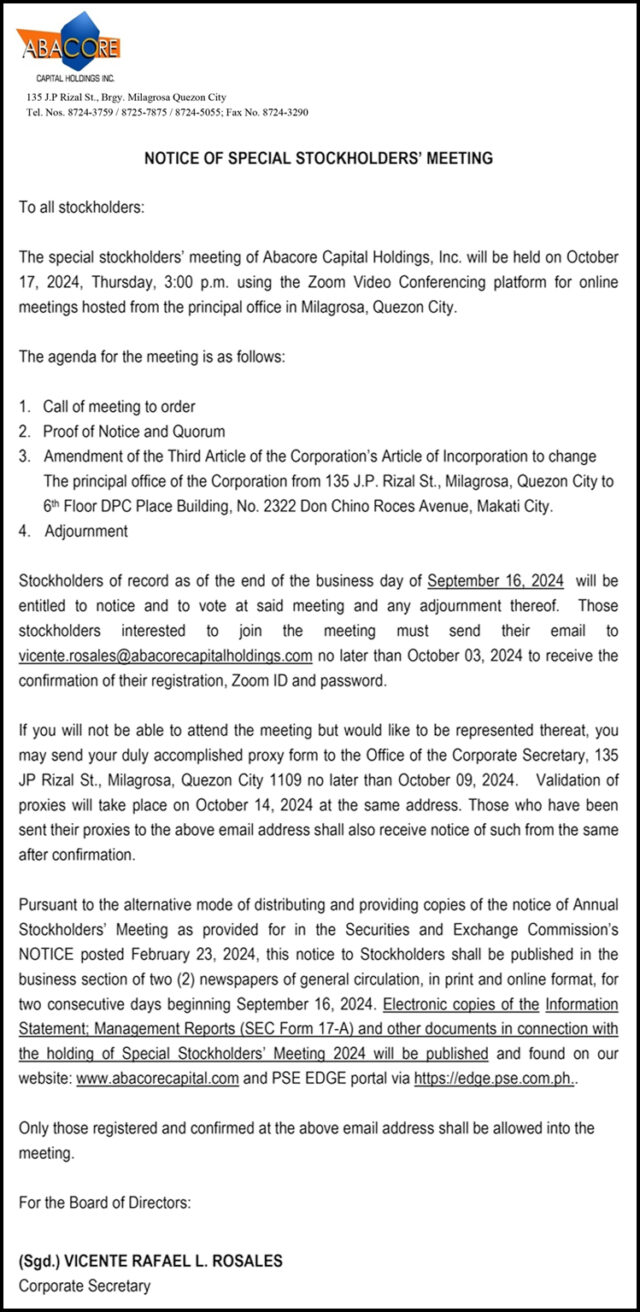From startup to scale-up: How RCBC’s Boz App supports digital entrepreneurs
Before the pandemic, only 2% of all Filipinos said that they had purchased food or services online according to the Philippine Institute of Developmental Studies. Now, the country’s digital economy is expected to grow by 13% from $22 billion in 2023 to more than $24 million in 2024. This drastic change in Filipino lifestyle has led to the proliferation of online businesses, which has resulted in the growth of Philippine e-commerce.
However, starting a business, whether online or not, can be difficult especially if prospective business owners do not understand the know-how of their industry. Entrepreneurs, aside from navigating the complexities of digital marketing and e-commerce platforms, must also face the challenge of making sure that their suppliers and employees get their due while keeping track of their goals and transactions.
To help online businesses and micro, small, and medium enterprises (MSMEs) with these problems, Rizal Commercial Banking Corp. (RCBC) has introduced the RCBC Boz App, an all-in-one tool aimed to help small and new business owners manage their finances, level up their boss moves, and focus on business objectives.
Running a successful business venture can make it challenging to keep track of every transaction and order which is why the app is designed to reduce administrative burdens. This allows business owners to not sweat the small stuff and stay on top of everything while they focus on growing their businesses and achieving their goals.
Available to download for free from the App Store and Play Store, the RCBC Boz App offers a suite of elements that make it easier for businesses to manage their finances and plan for growth.
The app is equipped with various features that make managing a business much easier such as transaction tracking, automated payroll, e-invoices for easier collections, saving up for goals, and keeping track of performance with real-time reports.
Through the Boz App, entrepreneurs can easily create and manage invoices with just a few taps. In the platform’s invoice dashboard, MSMEs are able to issue, monitor, and follow up collections from their clients in the comfort of their phones. Conveniently, it also lets users set due dates as well as add orders or purchased items to the invoice.
RCBC’s all-in-one tool also ensures businesses get their employees paid on time, every time. The Boz App allows small business owners to pay their employees’ salaries with ease and automatically to bank accounts or mobile wallets. As added security, business owners have the option to add payroll confirmation prior to disbursement.
Payment of expenses can also be organized and scheduled through the Boz App. Entrepreneurs may create an expense budget, add expense types, set payment schedules, and even add suppliers.
Furthermore, the app helps business owners achieve their ambitions of expanding or opening new branches through the Business Goals feature. Users of the Boz App can start dreaming of scaling up their businesses by creating goals, determining how they plan to save up, and confirming their commitment.
Moreover, RCBC’s new app also gives entrepreneurs accurate weekly, monthly, or yearly summaries of their collections, expenses, and business earnings provided that they appropriately tag their transactions. This can help in better financial management, enabling users to make informed decisions, track their profitability, and plan for future growth more effectively.
Prospective users of the Boz App simply have to download the app, and sign up using any active retail RCBC checking or savings account with the peso as the currency. For those who have yet to open an account with RCBC may already do so through the app. Aside from having a password for the account, users may also enable biometrics to feel more secure.
Startup businesses and enterprises, no matter how small or big they are, contribute to the country’s growth and help their online and offline communities thrive making them indispensable to the nation’s economic fabric. With tools like RCBC’s Boz App, digital stores, services, and businesses across the country, even up to the most remote and underserved areas, are more empowered to scale up and prosper.
Spotlight is BusinessWorld’s sponsored section that allows advertisers to amplify their brand and connect with BusinessWorld’s audience by publishing their stories on the BusinessWorld Web site. For more information, send an email to online@bworldonline.com.
Join us on Viber at https://bit.ly/3hv6bLA to get more updates and subscribe to BusinessWorld’s titles and get exclusive content through www.bworld-x.com.





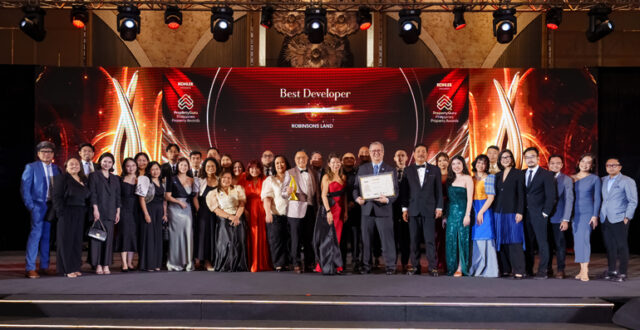
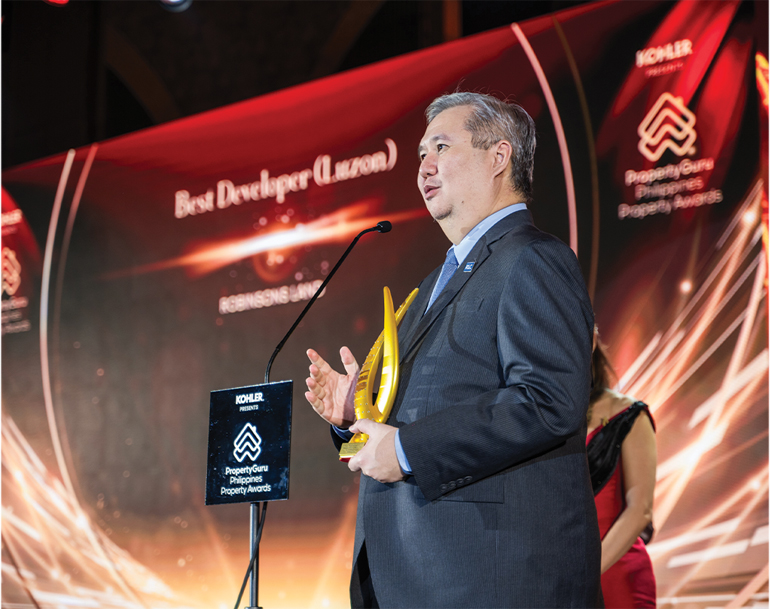
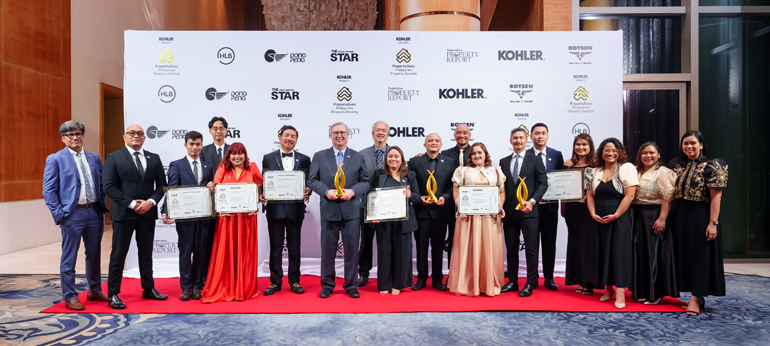 Other developments of RLC Residences also received citations, further showcasing the diversity and quality of their portfolio.
Other developments of RLC Residences also received citations, further showcasing the diversity and quality of their portfolio. 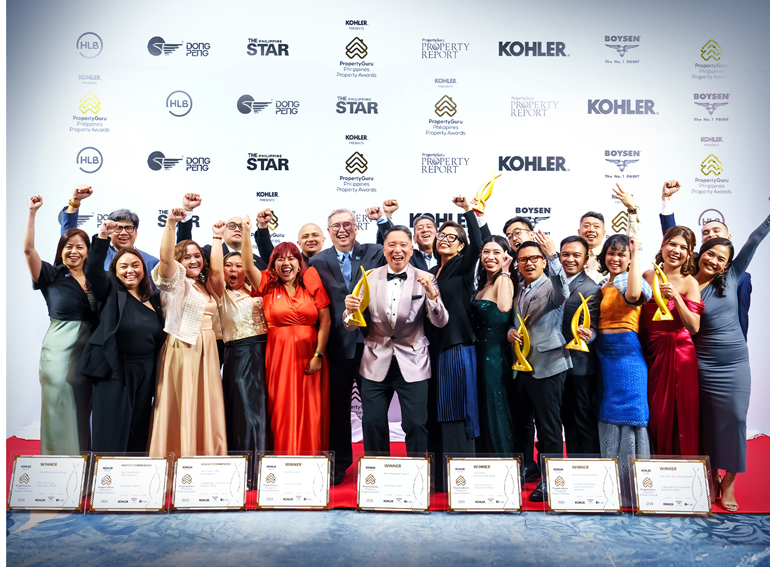 “At RLC Residences, we are dedicated to creating homes that are future-ready, integrating both sustainability and smart home features to provide a more efficient and eco-friendly living experience. We are ultimately thankful to our consumers, who have been very helpful by providing us their insights when they look for a home that they can proudly call theirs,”
“At RLC Residences, we are dedicated to creating homes that are future-ready, integrating both sustainability and smart home features to provide a more efficient and eco-friendly living experience. We are ultimately thankful to our consumers, who have been very helpful by providing us their insights when they look for a home that they can proudly call theirs,” 

